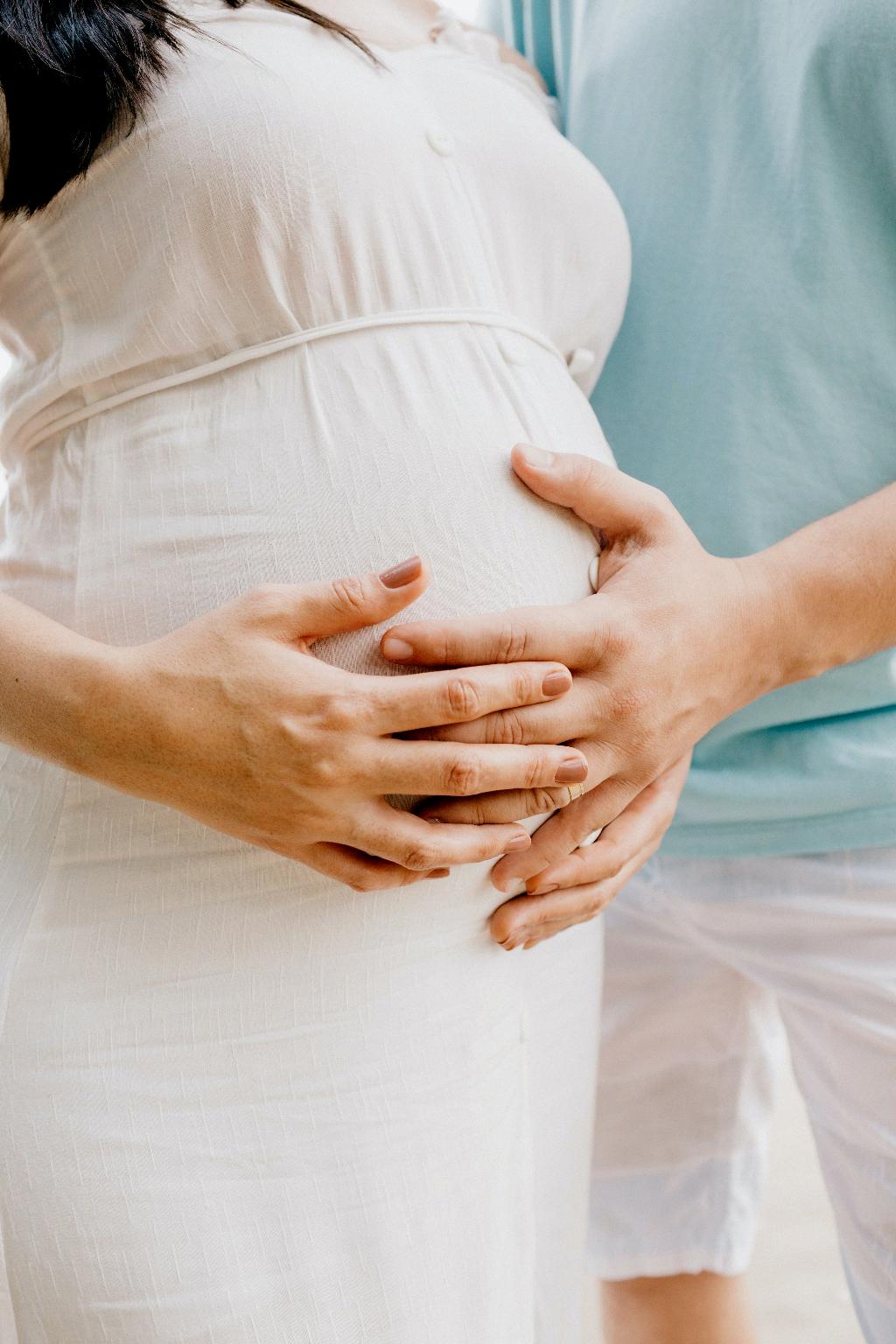When we talk about the energy requirement of a pregnant woman, it is crucial to understand that during pregnancy, the body undergoes numerous changes to support the growth and development of the baby. One of the key factors in ensuring a healthy pregnancy is meeting the increased energy needs of the mother and the baby.
According to recommended allowances based on theoretical calculations, it is suggested that during pregnancy, an additional 200 to 300 kcal/day above non-pregnant levels is required. This increase in energy intake is essential to support the metabolic demands of pregnancy and ensure optimal health for both the mother and the developing fetus.
While these theoretical calculations provide a general guideline for energy intake during pregnancy, it is important to note that actual dietary studies of pregnant women have shown varying results. In many cases, the observed increments in energy intake may not align precisely with the recommended allowances set by organizations such as the FAO/WHO/UNU and NRC.
Factors such as individual metabolism, pre-pregnancy weight, physical activity level, and overall health can influence the specific energy requirements of a pregnant woman. It is essential for healthcare providers to assess these factors on a case-by-case basis to ensure that each pregnant woman receives personalized guidance on her energy needs.
Understanding the energy requirement for a pregnant woman goes beyond simply increasing calorie intake. It is crucial to focus on consuming a balanced diet that provides essential nutrients such as protein, iron, calcium, and folic acid. These nutrients play a vital role in supporting the overall health and development of both the mother and the baby.
In addition to meeting the increased energy needs during pregnancy, it is also important for pregnant women to listen to their bodies and eat according to hunger cues. The body has remarkable abilities to signal when it needs nourishment, and it is important for pregnant women to honor those cues to ensure adequate energy intake.
Pregnancy is a unique time in a woman’s life when the focus shifts towards nurturing and supporting the growth of new life. By paying attention to the energy requirements and nutritional needs of a pregnant woman, we can help create the optimal conditions for a healthy pregnancy and the birth of a thriving baby.
Ultimately, the energy requirement for a pregnant woman is a dynamic and individualized aspect of pregnancy that requires personalized attention and care. By working closely with healthcare providers and making informed choices about nutrition and overall health, pregnant women can ensure that they are meeting their energy needs and supporting the well-being of themselves and their baby.

